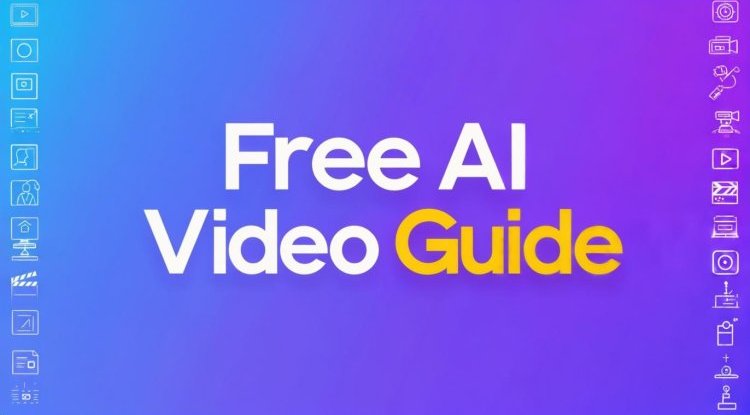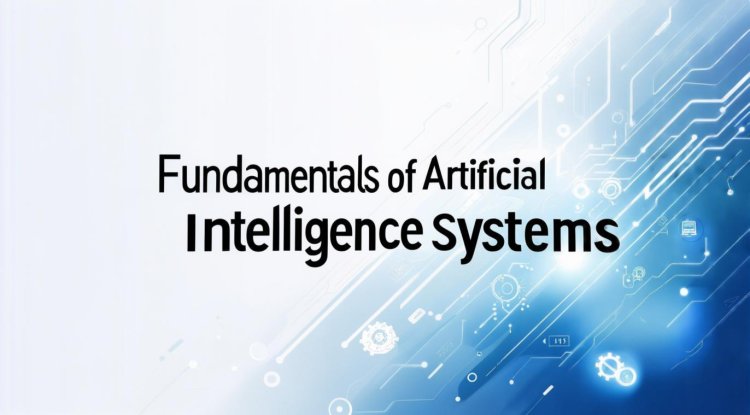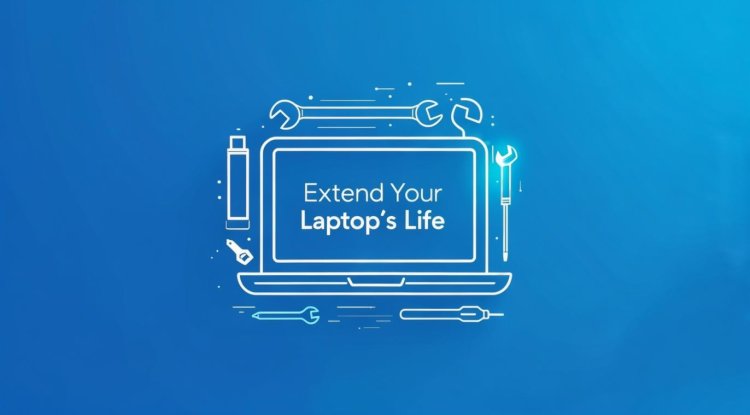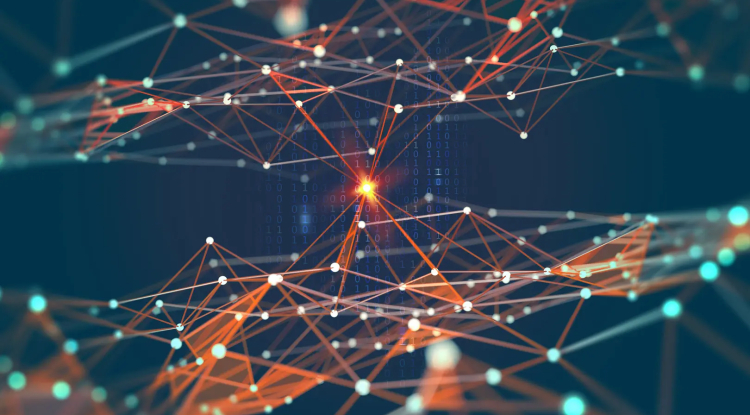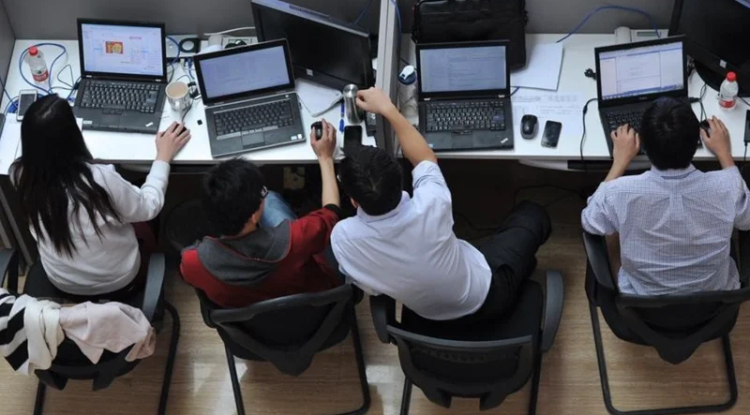OpenAI May Be Forced to Disclose ChatGPT User Correspondence by Court
OpenAI CEO Sam Altman said that private conversations with ChatGPT are not protected by law, unlike conversations with doctors or lawyers. If sued, the company could be forced to disclose the correspondence, and users, especially young people, risk having their deepest secrets leaked.
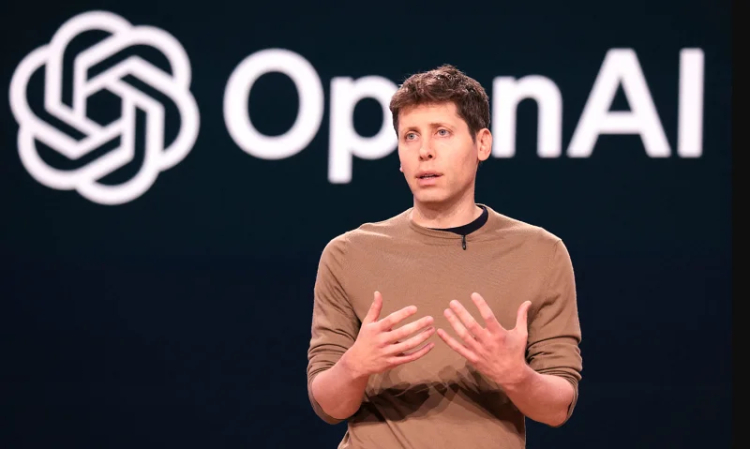
Sam Altman, CEO of OpenAI, has warned that private conversations with ChatGPT are not as protected as conversations with a real therapist or lawyer. In an interview on the “This Past Weekend” podcast, he noted that if the company were to face legal action, it could be forced to disclose users’ communications, which he believes is unfair.
"So if you contact ChatGPT about your most sensitive things and then there's a lawsuit or something like that, we could be forced to provide it, and I think that's very wrong."
Sam Altman, CEO of OpenAI
Unlike medical confidentiality or attorney-client privilege, AI chats do not yet have similar legal protections. Altman stressed that this is an issue that needs to be addressed as quickly as possible, especially as more and more people, especially young people, use ChatGPT as a therapist. A year ago, no one was thinking about it, but now, according to him, it is a serious challenge for lawmakers.
Altman also expressed concern that some users are becoming too emotionally reliant on AI to make decisions. Unlike encrypted messaging apps, OpenAI has access to ChatGPT conversations and uses them to improve the model and monitor abuse.
The company's policy is to delete deleted chats after 30 days unless they are required to be retained for legal or security reasons. However, in June, The New York Times and other media outlets filed a lawsuit demanding that OpenAI retain all ChatGPT logs, including deleted conversations, indefinitely.
Share
What's Your Reaction?
 Like
0
Like
0
 Dislike
0
Dislike
0
 Love
0
Love
0
 Funny
0
Funny
0
 Angry
0
Angry
0
 Sad
0
Sad
0
 Wow
0
Wow
0
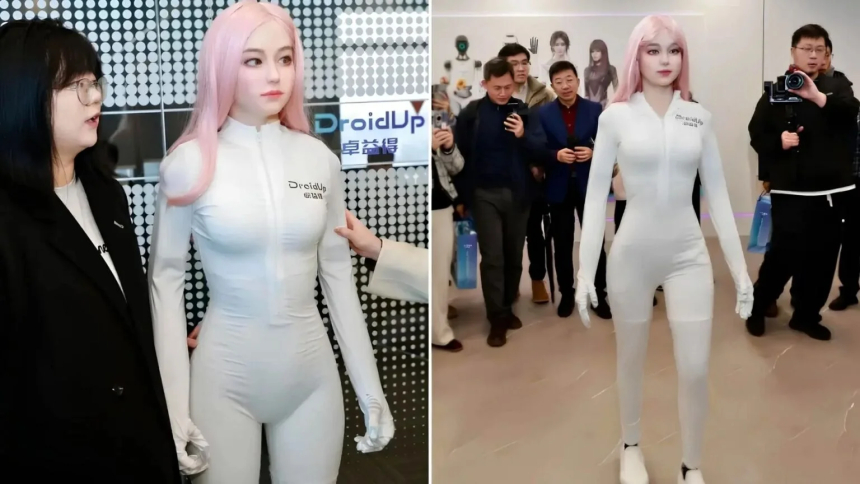
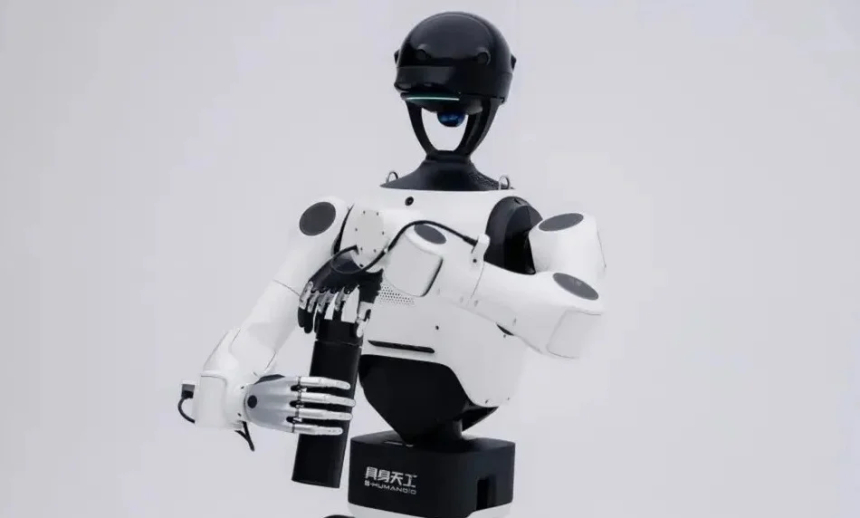
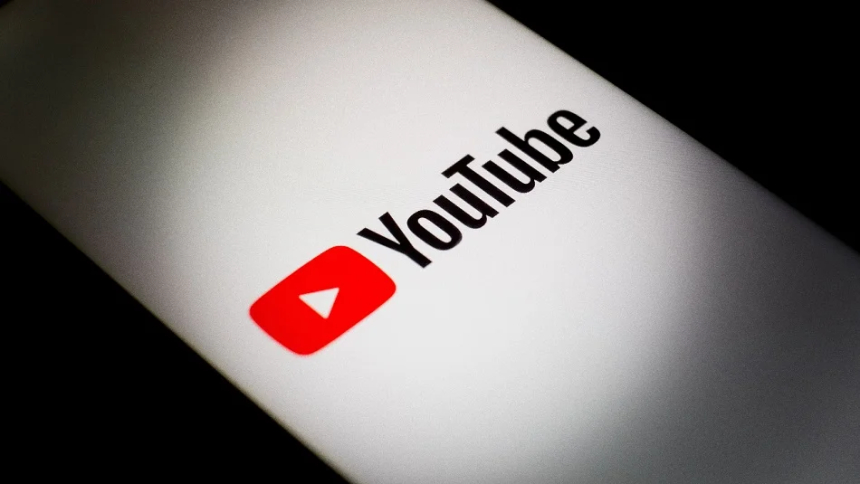


![Transfer/ Postings Senior Superintendent Police Hyderabad [Notifications]](https://pakweb.pro/uploads/images/202402/image_100x75_65d7bb0f85d5f.jpg)
![Amazing Text Animation Effect In CSS - [CODE]](https://pakweb.pro/uploads/images/202402/image_100x75_65d79dabc193a.jpg)

